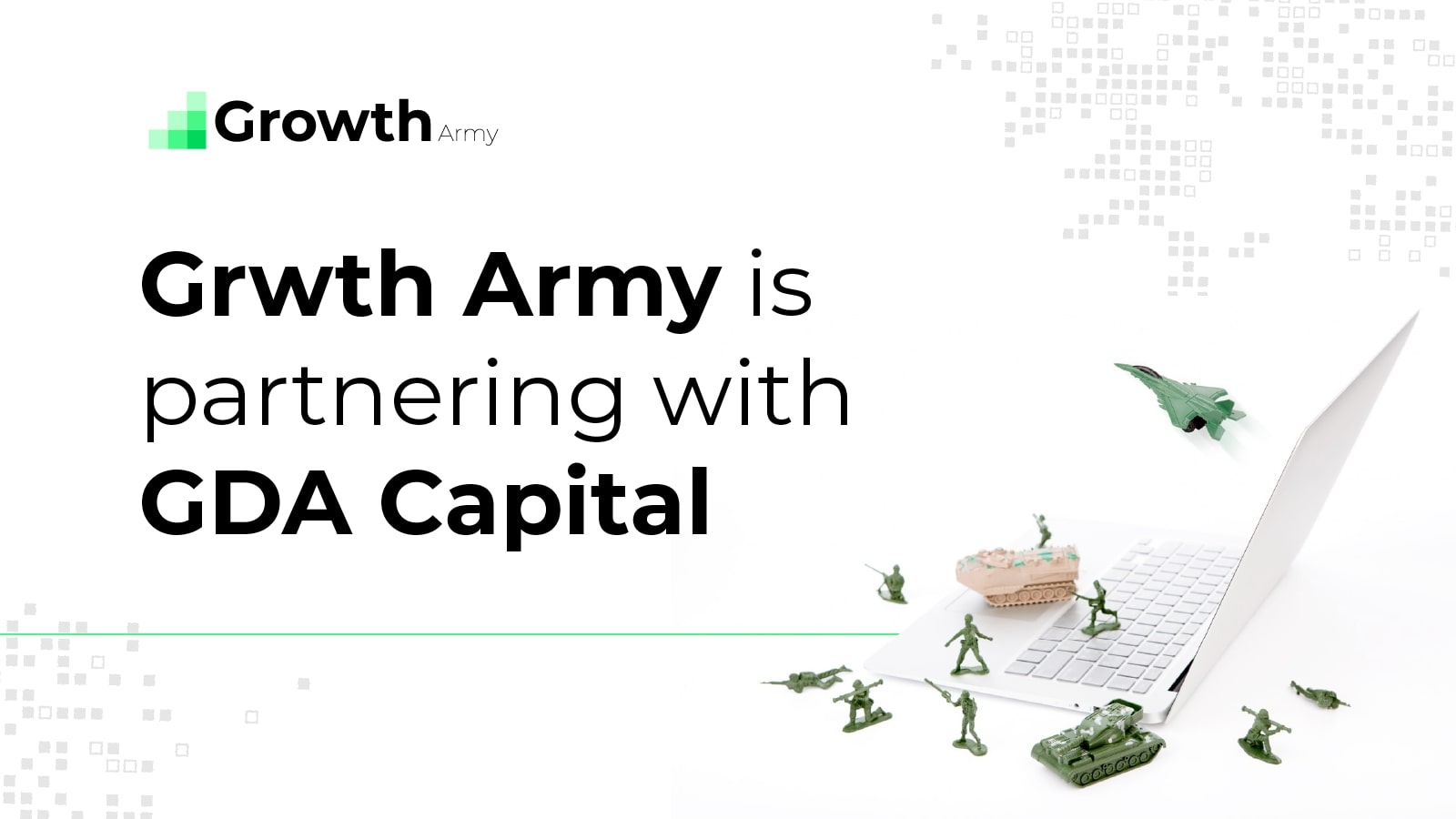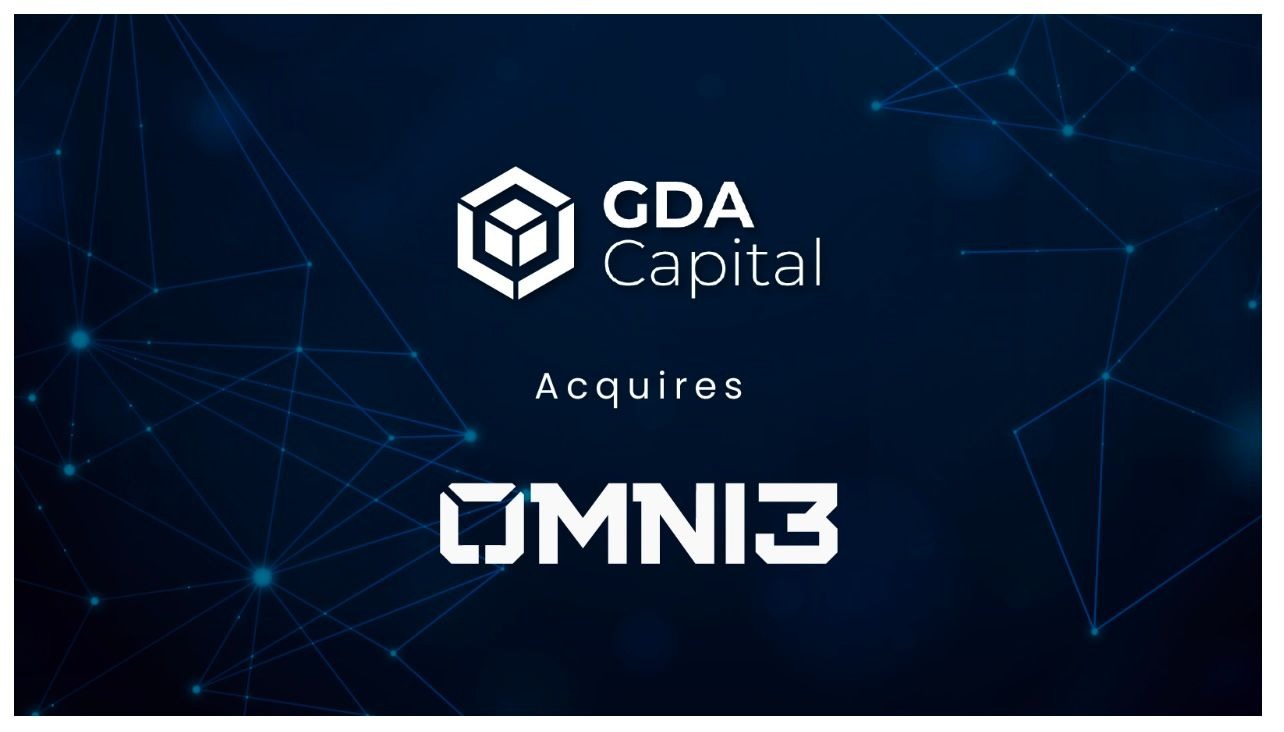Cardano is a blockchain project that offers a platform for developing decentralized applications. It bills itself as the first to be founded on peer-reviewed research and developed through evidence-based methods. Consequently, it leverages pioneering technologies to offer unparalleled security and sustainability on decentralized applications (dApps).
A brainchild of Ethereum co-founder Charles Hoskinson, Cardano was launched in 2015. The platform is named after Gerolamo Cardano, a renowned Italian polymath, proficient in biology, physics, chemistry, and astrology.
Background
Cardano was created with the sole aim of delivering scalable, secure, and robust technology that people can use to run financial applications. For this reason, the blockchain project long term vision aligns with the challenges and requirements of users and regulators.
Cardano builds on the deficiencies of Ethereum and Bitcoin by trying to be more sustainable and scalable. Therefore, it is often considered more environmentally friendly, faster, and secure.
Cardano blockchain is made up of two components. The Cardano Settlement Layer is the first component that acts as a unit of account whereby people can send and receive the native currency powering the network.
The second component is the Cardano Computational Protocol which is the backbone of the network on top of which smart contracts are created and run. The component ensures security and compliance. While it shares some features with Ethereum, it differs in the fact that it is more adaptable, making it possible to modify according to end-users requirements.
The computational layer also allows the project team to make changes or forks without affecting or disrupting the ADA or settlement layer.
| Token | XTZ |
| Market cap | $67.3B |
| 24-hour volume | $6.1B |
| Total supply | 33,117,618,880 ADA |
| Circulating supply | 32,025,787,327 ADA |
| Consensus mechanism | Proof of stake |
| Cardano ROI | 9,597.8% |
| All Time High | $3.10 |
| Block Time | 20 seconds |
Source: coinmarketcap.com
The Cardano networks operate under the proof-of-stake protocol mechanism, which is also used to verify transactions on the network. What this means is that people who want to be part of the network or project must stake some ADA coins. The validators, as they are called, are also rewarded based on their stake.
The proof-of-stake mechanism stands out partly because it limits the number of devices verifying transactions at any given time, therefore, keeping energy reasonable. In contrast, Bitcoin relies on Proof-of-Work that does not have restrictions on the number of devices.
The limited number of devices that verify transactions allows the network to process more transactions a second as compared to Bitcoin and Ethereum. Cardano processes over 200 transactions a second compared to five for Bitcoin and about 15 for Ethereum blockchain.
Cardano use cases
Cardano blockchain is increasingly attracting more use cases. For instance, the Ethiopian Ministry of Education is using the blockchain to store tamper-proof records for five million Ethiopian students. Additionally, the blockchain is also being used to authenticate pharmaceutical products, thus protecting people from buying counterfeit products.
In finance, the blockchain is being used in some developing countries as a record of people’s identities and to demonstrate creditworthiness. In Agriculture, the technology can provide a reliable supply chain tracking mechanism.
Cardano ADA tokenomics
ADA is the native currency that powers the Cardano blockchain. The cryptocurrency is designed to enable low fees and instantaneous transactions through the blockchain. However, it is still far from becoming a means of paying for goods and services daily.
Cardano cryptocurrency has continued to attract interest, having emerged as an eco-friendly alternative. Considering that Bitcoin uses as much energy as Argentina while Cardano uses as much as 600 US homes, makes it an attractive prospect for environmental advocates.
Recent Developments
Cardano is currently the fourth largest cryptocurrency with a market cap of about $67 billion that peaked at $87 billion. The crypto is down by about 30% from all-time highs following a massive sell-off that has gripped the overall crypto market.




